Dental implants offer a natural-looking solution for people who have lost teeth to injury, decay, or illness. Due to the higher upfront cost than other options, people often wonder, do dental implants last forever?
To answer this question accurately, you must understand the parts of a dental implant, how to maintain them, and the possible complications following dental implant surgery. With proper care, most dental implants last a lifetime.
What is a Dental Implant Made Of?
To answer the question, ‘do dental implants last forever’? consider the materials and construction of a dental implant. Dental implants have three parts: the implant post, an abutment, and a restoration.
Implant post
Dental implant posts are usually titanium but are also available in ceramic and special alloys. Shaped like a screw, your dentist surgically places the implant post in your jawbone to act as the missing tooth’s root.
At Toothsome, we use state-of-the-art Straumann® dental implants. These implants feature a SLActive high-performance acid-etched surface to promote accelerated osseointegration or the growth of bone around the post. Manufacturers use machines to create a surface texture that maximises the implant integration with the surrounding bone. These posts can last a lifetime with proper maintenance.
The Straumann® SLActive surface offers the advantages of immediate use and more than 98% survival after a decade. It can also reduce your recovery time.
Abutment
An abutment is a titanium piece that attaches your post to the tooth restoration. Your dentist places the abutment into your dental implant in a specially designed opening, usually after successful osseointegration. Once in place, the abutment secures your tooth-coloured dental crown to the implant post.
Restoration
Restorations include crowns, bridges, and denture plates. The restoration attaches to the abutment and functions like a natural tooth or teeth. Restorations usually last around 15 years, although they can last 25-30 years with good oral health practices.
Maintaining Your Dental Implants
Caring for your dental implants ensures that they last as long as possible. Your dentist provides specific care instructions that typically include daily flossing, brushing, and routine dental care.
Flossing
You can use dental floss, floss threaders, or a water flosser to clean the spaces between your gums and dental implants. Gently work the floss under the gum until you meet resistance. Holding the floss in a C-shape, rub it up and down along the implant a few times.
If you use a water flosser, direct the stream past the implant instead of directly at it. Improper positioning can damage the implant surface and cause infection by moving the gum tissue and allowing bacteria to enter your bloodstream.
Brushing
Brushing at least twice daily prevents bacterial plaque build-up, which helps minimise your chances of developing gum disease and peri-implantitis. A build-up of bacteria along the gum line causes these conditions. Brushing removes food particles that contain bacteria, preventing build-up and decay.
Whitening toothpaste that contains abrasive compounds and materials like charcoal can damage the surface of your dental implant restoration. These products also don’t whiten a restoration but instead dull its natural shine.
If you choose a standard toothbrush, look for one with soft or extra-soft bristles. Brush in a circular motion, with the bristles moving under your gums for at least two minutes.
If you choose a powered toothbrush, look for a sonic toothbrush. These don’t cause hard or soft tissue damage and reduce plaque and inflammation better than a standard oscillating electric toothbrush.
Routine dental exams
You should see your dentist at least every six months, allowing you to avoid gum disease and complications like peri-implantitis. Your dentist should reevaluate your oral hygiene techniques and routines at each visit.
Incorporating all these steps into your regular oral care routine gives you the best chance of ensuring your dental implant lasts the rest of your life and will extend the life of your restoration.
What Causes Dental Implants to Fail?
Although rare, specific actions or inactions can contribute to dental implant failure. In a study of more than 10,000 implants, 94% of dental implants survived 15 years. Gum disease, a foreign body reaction, or failed osseointegration can cause implants to fail.
Gum disease
Gum disease can cause bone loss and infection around the implant, a painful condition called peri-implantitis. You can treat and reverse the disease when caught early, such as during a routine dental exam. If the gum disease progresses, you might lose your implant.
If you take medications that might affect your gum health, such as antacids, antidepressants, or blood pressure medicine, consider seeing your dentist more frequently than the recommended every six months. Frequent checkups help you and your dentist monitor and treat any signs of gum disease early.
Foreign body reaction
Sometimes the immune system attacks medical implants.
This process causes pain and swelling at the implant site, fever, and chills. You might be able to replace your implant with one made of another material.
Failed osseointegration
When the bone doesn’t grow around the dental implant post correctly, the post doesn’t provide enough support for functional restoration. Sudden trauma to the teeth or gums can cause osseointegration failure. Damage to the surrounding jawbone or gums, fractured implants, or peri-implantitis can also contribute to bone growth failure.
If you have dental implants and suspect any complications, get a consultation at your local dental clinic immediately. Early treatment gives you a better chance of saving your dental implant or getting an excellent treatment alternative.
Find a dentist that offers a consultation to learn more about dental implants, including how long they last and whether you are an ideal candidate for the treatment.
Are You a Good Candidate for Dental Implants?
Do dental implants last forever? With the appropriate maintenance and regular dental care, implants can last the rest of your lifetime. This durability makes them an attractive tooth replacement option.
The friendly and knowledgeable dental professionals at Toothsome Implants Chatswood can answer all your questions about the dental implant procedure. Schedule a dental consultation near you to determine if dental implants are the right restorative dentistry option for your smile and oral health.
- Sydney CBD on (02) 9159 3728
- Baulkham Hills on (02) 9158 6637
- Chatswood on (02) 8203 8786
Note: Any surgical or invasive procedure carries risks. Before proceeding, you should seek a second opinion from an appropriately qualified health practitioner.




